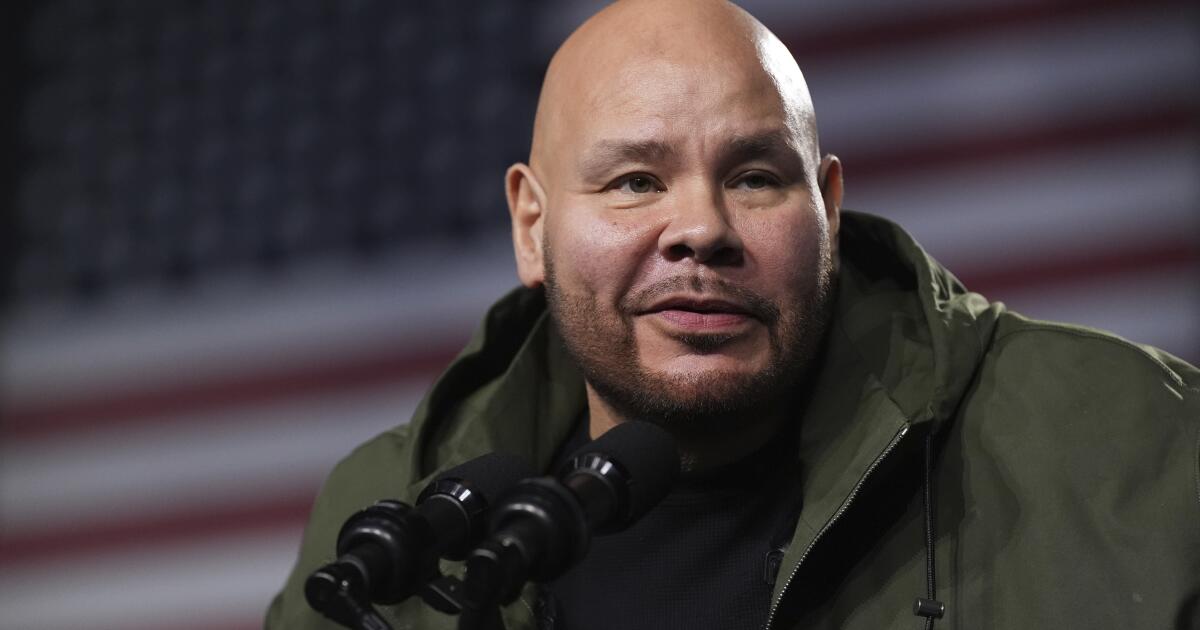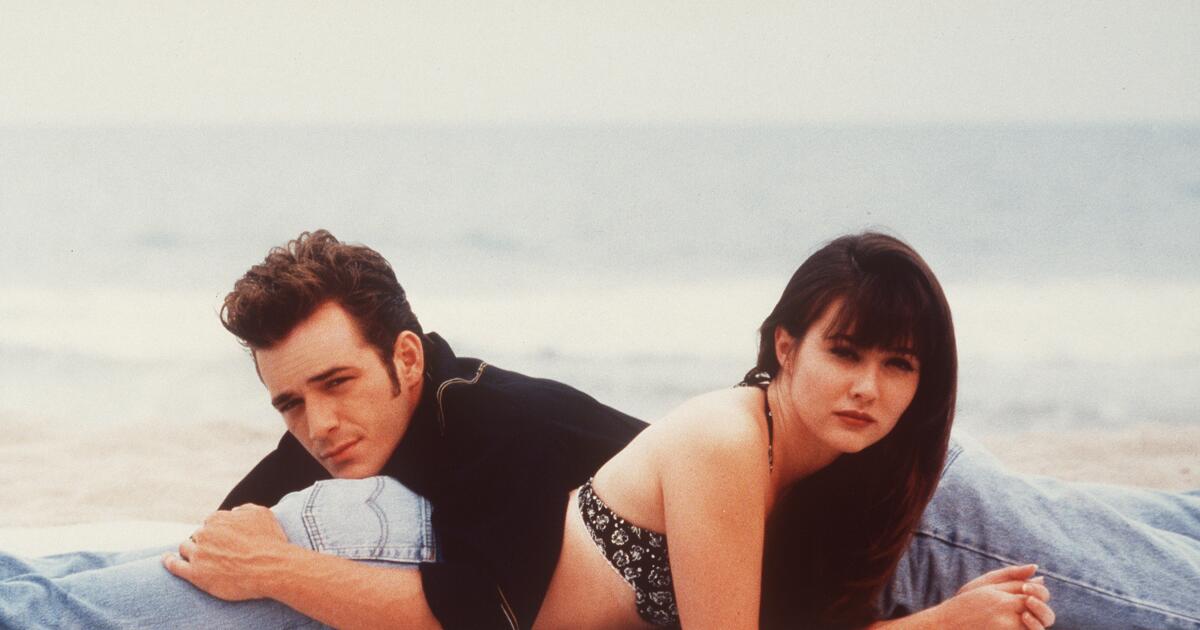Jenni Rivera was great and her legacy proves it.
With more than 20 albums under her belt, the self-proclaimed “Diva de la Banda” reigned tirelessly as supreme queen of the Mexican music genre, a space historically dominated by men.
After her tragic death in a plane crash in 2012, Rivera was revered as a feminist symbol by those who knew her personally.
“Jenni spoke on behalf of a segment of the community that is not often heard: single mothers who work hard every day, who take care of their husbands, their families and others, but who do not complain,” Flavio Morales, former senior vice president . Mun2 President of Programming Production, said in 2012. Now renamed NBC Universo, Mun2 was home to “I Love Jenni,” the reality show that focused on her family.
The Long Beach-born and raised singer often used her personal life and relationships to fuel her art. She was married three times and was the mother of five children. Rivera also spoke openly about her experience with domestic violence, a passage she included on her 2007 album “Mi Vida Loca.”
“She represented an entire community: me, my family, my friends and an entire generation of Mexican Americans who are making up the new United States,” Morales said.
On Thursday, Rivera will be honored with a star on the Hollywood Walk of Fame. Fellow Mexican singer Gloria Trevi will speak at the event, and her five children, who are embroiled in a bitter fight with their grandfather, an aunt and an uncle over their estate, will accept the star on Rivera's behalf.
Below are some of their biggest hits.
“The Chacalosa” (1994)
Before there were corridos tumbados, there was “La Chacalosa.” In the song, Rivera gave the perspective of a female drug boss who indulges in an illicit lifestyle. Rivera fearlessly dove into the narcocorrido subgenre at a time when such lyrics were highly denigrated by the public. Two years before the release of “La Chacalosa,” Chalino Sánchez, who recorded music under the Rivera family's Cintas Acuario label and is often considered the father of narcocorridos, was murdered in Sonora, Mexico. The song's title also became one of Rivera's many nicknames.
“The Malandrinas” (2000)
Although he had been releasing music since 1992 under the family label, it would be some time before Rivera's songs reached the mainstream. “Las Malandrinas” changed that: it was the first of her songs to reach Spanish radio. The song, accompanied by live drunken cheers in the background, pays tribute to the untraditional woman who enjoys corridos and beer while she mocks her cocky counterparts.
“Dear Member” (2001)
Jenni Rivera never shied away from sensitive topics in her music, often exploring torrid love affairs through a morally questionable perspective. The band's song “Querida Socia” is an ode to the other woman and a declaration of love despite the social bonds of marriage. Eight years later, Rivera would provide the marital perspective in the mariachi song “La Gran Señora,” murmuring the phrase “old hag” to the other woman..
“Friend If You See It!” (2004)
With “Amiga Si Lo Vez,” Rivera steps away from her typically tough facade to deliver a slower ballad. Her powerful voice shines through the brass-heavy classic, while the lyrics showcase her vulnerability as she expresses her pain for a lost love and longs for its return.
“Smuggled” (2005)
Believe it or not, one of Rivera's most popular songs is actually a cover. Although it was originally written by Mexican singer Joan Sebastian, she made “De Contrabando” her own. The track's timid piano intro turns into a full band featuring a muffled trumpet and a catchy chorus. The lyrics try to adapt to discreet love like the other woman.
“Unforgettable” (2007)
Let “The Diva of the Band” write her legacy in a single song. The brass anthem is a declaration to lovers of the past that Rivera will live forever in their hearts and memory. It now symbolizes Rivera's cultural footprint after his death. The song ends with Rivera boldly proclaiming that she is “unforgettable, baby!”
“Neighborhood Butterfly” (2007)
“Mariposa de Barrio” synthesizes Rivera's journey through music. In it, she describes herself as a caterpillar who faces dark challenges in life before developing her butterfly wings on stage, which she declares to be her true love. Although she is not mentioned in the song itself, Rivera dealt with domestic abuse, infidelity, divorce, and more in her personal life. “Mariposa de Barrio” is also the theme song for the Netflix series of the same name, based on Rivera’s autobiography “Unbreakable: My Story, My Way,” which was published posthumously.












